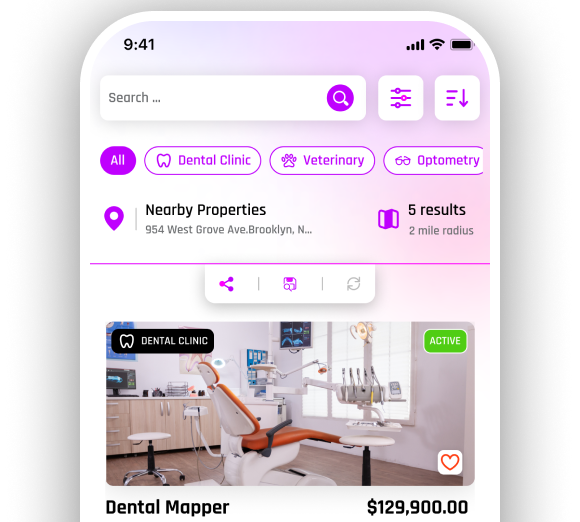How to Sell a Veterinary Practice to Private Equity: A Step-by-Step Guide

Selling a veterinary practice is a significant decision, and when it comes to selling to private equity, the process can be both rewarding and complex. For many veterinary practice owners, partnering with private equity presents an opportunity to achieve financial security while ensuring their practice's continued growth and success. This blog will walk you through the essential steps to sell your veterinary practice to private equity.
Understanding Private Equity and Its Appeal
What Is Private Equity?
Private equity refers to investment funds that buy and manage companies, including veterinary practice for sale or buy, to increase their value over time. Private equity firms typically invest in businesses with growth potential and seek to enhance their profitability through strategic management and operational improvements.
Why Sell to Private Equity?
Selling to private equity can be an attractive option for several reasons:
Financial Gain: Private equity businesses can provide owners significant financial returns by offering competitive pricing for well-established practices.
Growth Opportunities: These firms bring capital and expertise to help scale your practice, expand services, and increase profitability.
Operational Support: Private equity firms frequently have seasoned management teams that can take over daily operations, freeing you to step back or concentrate on particular business-related tasks.
Continued Legacy: Selling to private equity ensures that your practice continues to operate and serve your community, often under the same brand.
Steps to Sell Your Veterinary Practice to Private Equity
Evaluate Your Practice
Determining your veterinary practice's worth is critical before contacting private equity firms. This entails assessing the strength of your clientele, workforce, and competitive position, as well as reviewing your financials, which include revenue, profit margins, and expenses. To obtain an accurate appraisal, consider working with a financial counselor or expert assessor with knowledge of veterinary practices.
Key Factors to Consider:
Revenue and Profitability: Consistent revenue growth and strong profit margins make your practice more attractive.
Client Base: A loyal and growing client base is a valuable asset.
Location: Practices in high-demand areas or with little competition tend to be more valuable.
Staff: A well-trained, experienced, and stable team is crucial for maintaining operations post-sale.
Prepare Your Practice for Sale
After you've assessed your practice, it's time to prepare it for sale. This entails addressing any operational inefficiencies, keeping current financial records, and sometimes investing in facility improvements. The aim is to present your practice as a turnkey business that a private equity investor might simply take over and expand.
List Your Practice on a Trusted Marketplace
Listing your practice on a trusted marketplace like Practice Finder is essential to attract private equity firms. This specialized platform connects veterinary practice owners with qualified buyers, including private equity firms looking for investment opportunities.
Engage with Interested Private Equity Firms
Private equity firms may start contacting you after your practice is listed. Strategic engagement with interested buyers is key. First, give them some background information on your firm, and then set up meetings to discuss their goals, their capacity to pay, and what they can give.
Negotiate the Sale
Negotiating with private equity firms can be complex, involving more than just agreeing on a sale price. You’ll need to discuss terms such as the deal's structure (e.g., upfront payment vs. earn-out), your future role in the practice, and how the transition will be managed.
Finalize the Deal
The last stage is to finalize the sale when terms have been agreed upon. This procedure includes due diligence in the legal and financial domains, contract completion, and ownership transfer. Collaborating closely with your financial and legal consultants is essential to guaranteeing a seamless and prosperous transaction.
Final Steps:
Due Diligence: Provide the buyer with all requested documentation and information for review.
Contract Review: Carefully review the sale agreement to ensure all terms are fair and favorable.
Transition Planning: Develop a plan for transitioning ownership, including how and when you will inform staff and clients.
List your veterinary practice on Practice Finder today
Ready to list your veterinary practice for sale? Download the application now and get listed instantly. Click here!

